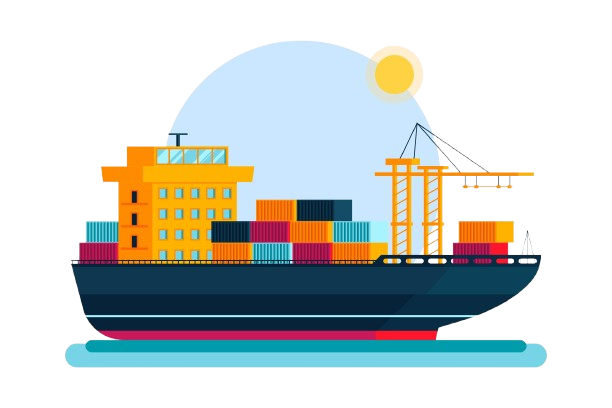Operation Sindoor: How a Clash with Pakistan Could Shake Up India’s Economy
When people think of war, they usually picture soldiers, strategy, and politics. But what’s often overlooked is how military conflicts ripple through an economy—affecting everything from investor confidence to job creation. That’s exactly what we’re looking at in the case of Operation Sindoor, India’s swift and targeted military response in May 2025 to a deadly terrorist attack in Pahalgam, Kashmir.
The conflict has stirred strong emotions and sharp diplomacy. But it’s also a major real-world case study in risk assessment, economic impact, and long-term financial planning—fields that lie at the heart of actuarial science. At our institute, where we train future actuaries to see beyond just numbers, we often emphasize the bigger picture: understanding uncertainty, modeling economic shocks, and using data to help industries, governments, and societies make smarter decisions. Let’s take a deeper look.
1. Market Mood: Steady… For Now
Despite rising border tensions, India’s stock market didn’t nosedive. The BSE Sensex and Nifty 50 held their ground, thanks in part to strong domestic spending and resilient investor sentiment. But the Indian rupee did drop 0.5% against the U.S. dollar – showing that currency markets aren’t immune to geopolitics. We’ve seen in our actuarial risk modeling classes how sensitive markets can be to external shocks. It’s these kinds of events that make economic scenario planning such an important skill for aspiring actuaries.
2. Trade and Global Partnerships
India doesn’t trade much directly with Pakistan, so the immediate impact there is limited. But what’s more relevant is how India is strengthening its global ties—like its recent trade agreement with the UK and ongoing talks with the U.S. These trade relationships are vital for boosting domestic manufacturing and reducing economic vulnerability—something our students explore in modules on macro-economic impact assessment.
3. The Human Side: Kashmir’s Tourism Hit Hard

Here’s where the numbers hit home. Pahalgam, once a popular tourist spot, has seen a sharp drop in visitors after the attack. That means fewer bookings, shuttered businesses, and job losses. For places like Jammu & Kashmir, where tourism supports thousands of families, this is a devastating economic blow. Our institute recently conducted a student project analyzing the impact of terrorism on regional economies, using actuarial tools to forecast recovery timelines and design insurance models tailored for tourism-dependent regions.
4. Defense Budgets vs. Development
War is expensive. And the more a country spends on defense, the less room there is for infrastructure, education, and healthcare. Over time, this can widen the fiscal deficit and hurt growth. Actuaries in public policy help governments balance short-term spending with long-term goals, especially during crises. It’s one of the most exciting—and socially impactful— career paths in the actuarial field, and one we actively encourage through our public sector actuarial training modules.
5. What the World Thinks = Economic Leverage
India has earned praise from countries like the U.S. and Israel for its measured response. Others, like China, are calling for restraint. These diplomatic ties matter—not just politically, but also economically. Global relations affect trade deals, foreign investment, and even insurance risk ratings. As we teach at our institute, actuarial science is as much about understanding people and policy as it is about numbers.
6. What About Pakistan?
Pakistan’s economy was already under pressure—high inflation, heavy borrowing, and dependence on IMF aid. A full-blown conflict could push it into deeper trouble: falling foreign investment, higher debt risk, and even more unemployment. This is where cross-border actuarial collaboration can help. In fact, many of our alumni now work in multinational actuarial firms helping governments in the region model risks and build more resilient economies.
The Bigger Picture: Why Actuaries Matter Now More Than Ever
Operation Sindoor isn’t just about military wins or losses—it’s about economic resilience. It’s about how a single event in a place like Pahalgam can affect national finances, international relations, and the lives of everyday people. At Actuarial educational Institute, we don’t just teach students to pass exams. We prepare them to apply actuarial science in the real world—from analyzing financial risk to helping rebuild economies after crises. Whether it’s insurance, public policy, or economic modeling, actuaries have a crucial role to play.
Want to learn how you can use your analytical skills to make sense of the world around you? Join our actuarial science programs and start building the future—one model at a time.







